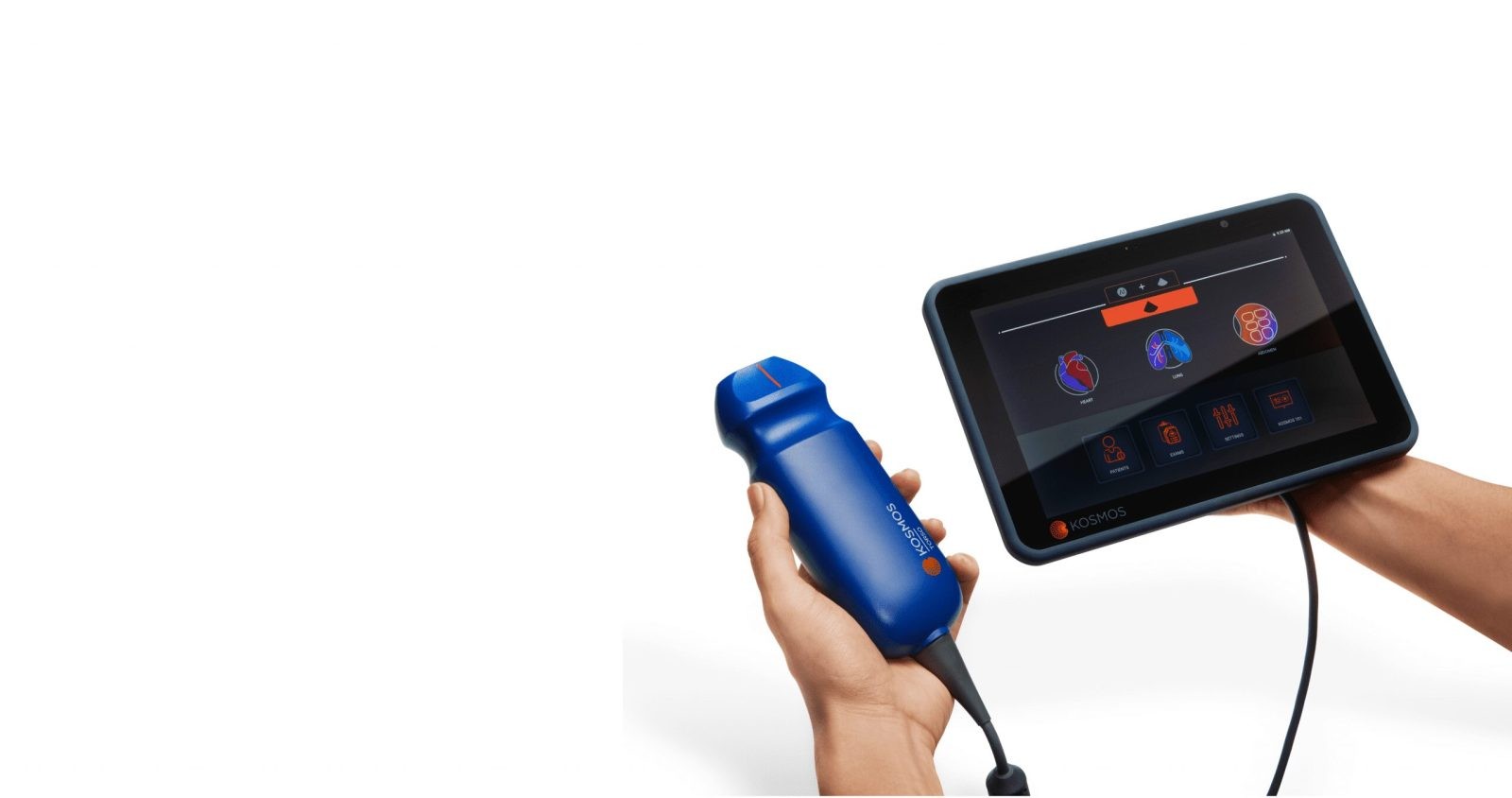EchoNous, developers of AI-driven, hand-carried ultrasound, today announced the addition of both continuous wave (CW) and pulsed wave (PW) Doppler capabilities to the Kosmos hardware platform, the company’s flagship offering.
This innovation represents an industry first for an ultra-mobile, ultrasound product; creating the first “hybrid” point-of-care ultrasound (POCUS) device, offering large machine-benchmarked ultrasound imaging and Doppler functionality in a hand-carried unit (HCU).
Designed as an all-in-one diagnostic tool that can be carried from bedside to bedside, Kosmos was developed with the essential technology necessary for highly sensitive CW and PW wave Doppler scanning already built-in notes EchoNous.
Kosmos units are now easily upgradeable over the air for the addition of CW and PW Doppler.
The inclusion of these tools rounds out Kosmos’s already comprehensive suite of diagnostic capabilities. This suite includes AI-assisted systolic heart function, which is derived from high-resolution imaging and enabled by a novel new algorithmic tool, ‘Trio.’
Prior to this launch, CW Doppler had historically eluded the HCU POCUS market. Kosmos’s hybrid approach is designed from the ground up based on specifications historically found on more expensive cart-based models.
Benchmarks include greater power, a high signal-to-noise ratio, and an increased channel count (64 channels). These features are all essential for high performance with increased sensitivity CW Doppler.
“We firmly believe that POCUS is the future of medicine and that HCU must be delivered on par with larger, more expensive machines – our tools should not be limited by their size,” explained Kevin Goodwin, CEO of EchoNous. “By removing these hurdles, we now offer diagnostic-grade capabilities to answer specific clinical questions for cardiologists and all clinician users; focused on upgrading bedside medicine with higher-performance tools that remain less expensive.”
